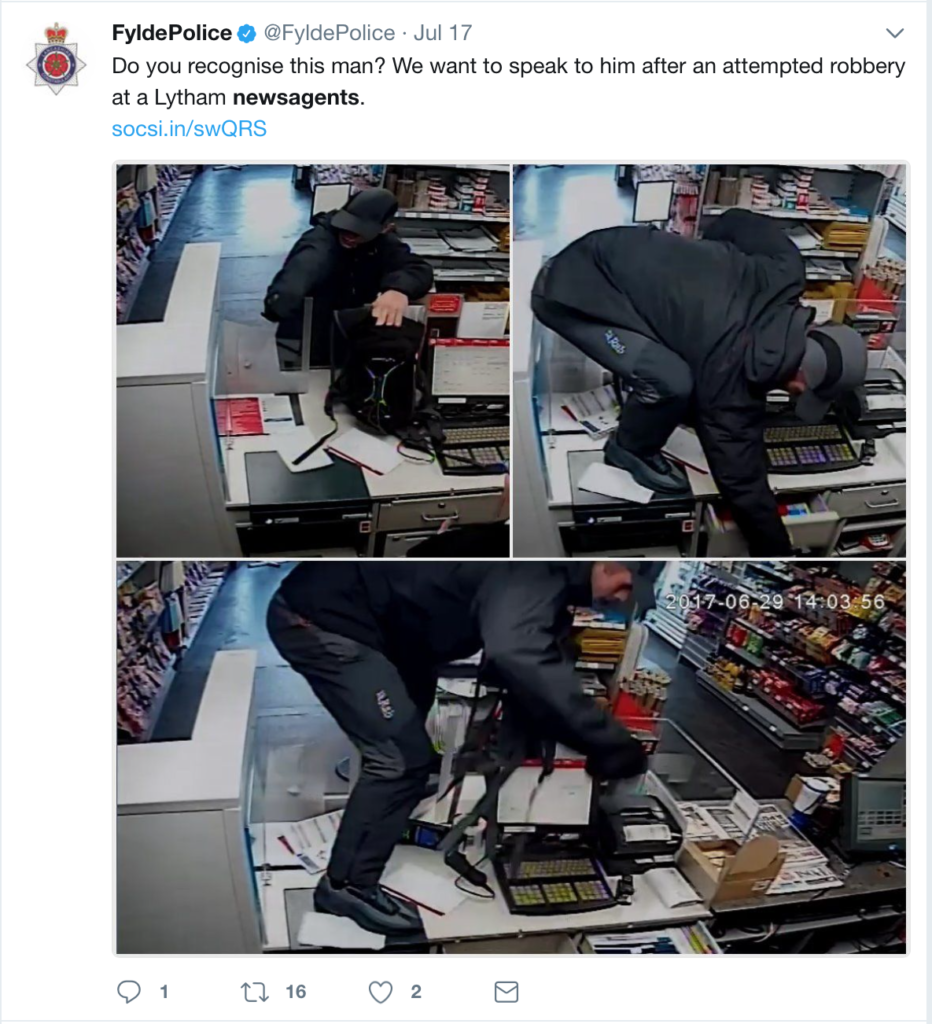A Theft Policy is key to reducing the impact of theft in any retail business
Issue this Theft Policy in your business, have all team members sign it and place it is a place where team members can see it every day. Doing this establishes your commitment on the issue as well as your policy and practices related to the issue. Following through on the policy is key for without discipline in this area the cost of theft in your business will be higher than it should be.
THEFT POLICY OF THIS BUSINESS
- Theft, any theft, is a crime against this business, its owners, employees and others who rely on us for their income.
- If you discover any evidence or have any suspicion of theft, please report it to the business owner or most senior manager possible immediately. Doing so could save a considerable cost to the business.
- We have a zero tolerance policy on theft. All claims will be reported to law enforcement authorities for their investigation.
- From time to time we have the business under surveillance in an effort to reduce theft. This may mean that you are photographed or recorded in some other way. By working here you accept this as a condition of employment.
- New employees may be asked to provide permission for a police check prior to commencement of employment. Undertaking the police check will be at our discretion.
- Cash is never to be left unattended outside the cash drawer or a safe within the business.
- Credit and banking card payments are not to be accepted unless the physical card is presented and all required processes are followed for processing these.
- Employees caught stealing with irrefutable evidence face immediate dismissal to the extent permitted by labour laws.
- Employees are not permitted to remove inventory, including unsold, topped, magazines, unsold cards or damaged stock from the store without permission.
- Employees are not permitted to provide a refund to a customer without appropriate management permission.
- Employees are not permitted to complete sales to themselves, family members or friends.
- Every dollar stolen from the business by customers and or employees can cost us up to four dollars to recover. This is why vigilance on theft is mission critical for our retail store.
PLEASE SIGN AND DATE YOUR ACKNOWLEDGEMENT:





